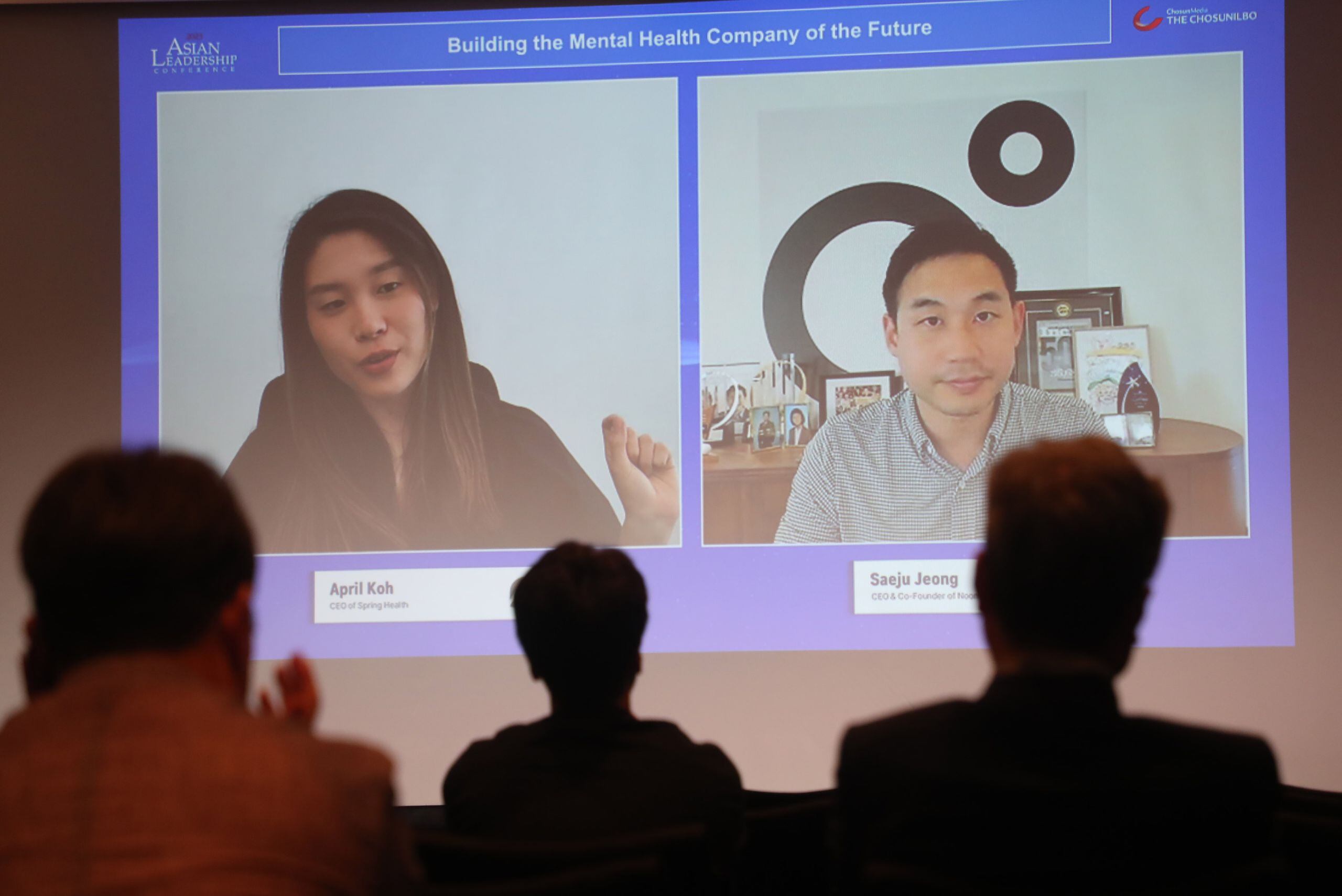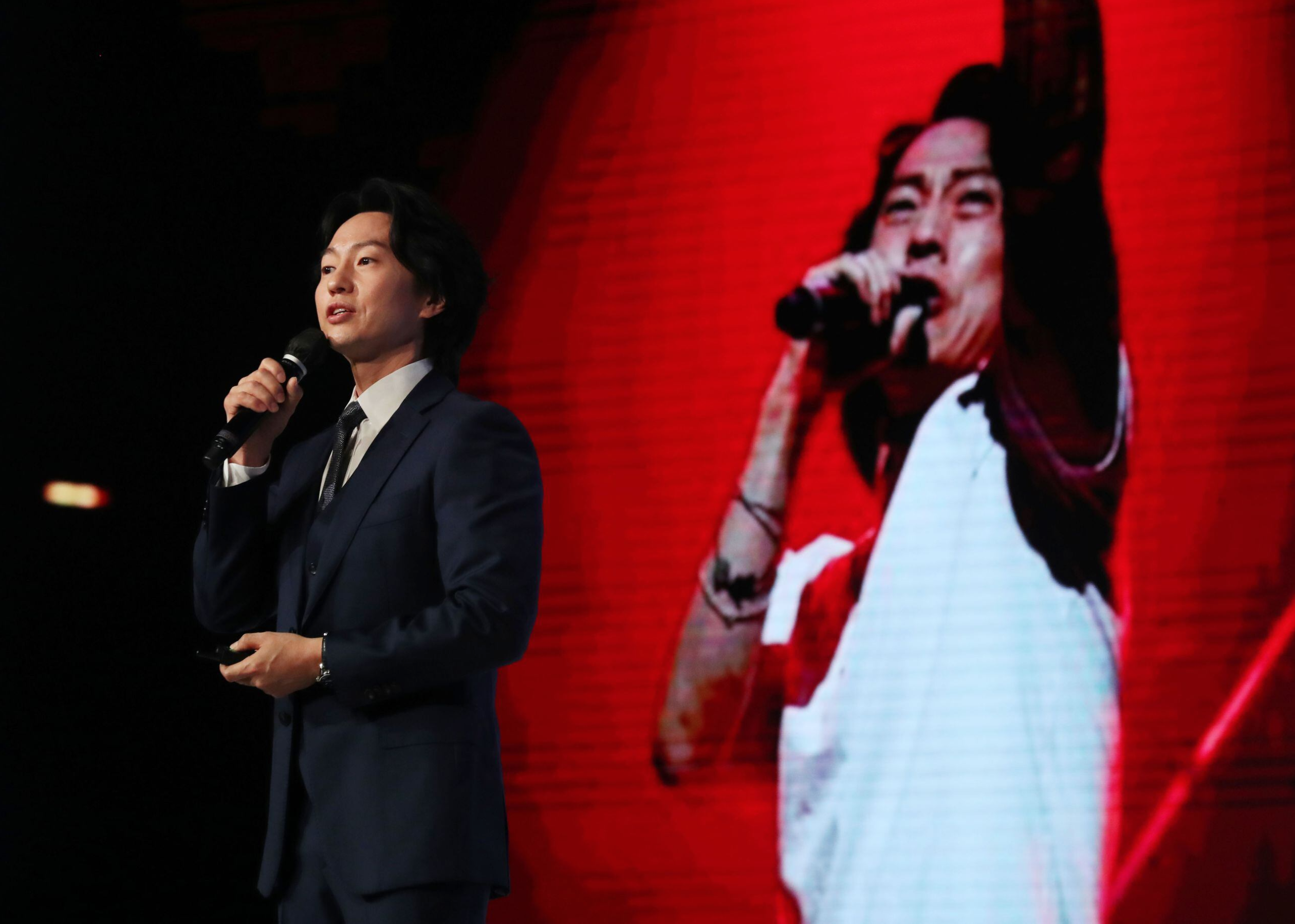By Samuel Kim
Finally, it has come to the last of the five-part essay I have been sharing since a few weeks ago. Well, for those who have been reading through my essays, I would like to sincerely thank each and every one of you for giving your time. I hope that what has been shared has provided some valuable insights to our leadership journeys that all of us are in.
But before we proceed to our final two of the ten lessons, here are the eight that I have covered. “Leadership” means…
1. Paying attention to how the world is changing.
2. Asking the questions that will matter tomorrow.
3. Knowing what matters to people.
4. Being aware of and managing one’s own ignorance and arrogance.
5. Doing the right things.
6. Using the head, hands, and heart.
7. Helping people see what they need to know and learn.
8. Daring to put yourself out there.
Now the last two are as follows:
9. Being a Leader Means Asking Yourself, “Am I Bringing People together or keeping people apart?”
Because this image is so compelling—the image of a leader communicating with the heart—I can’t help but examine its antithesis: the person who leads by wielding power mainly from authority and position. This kind of leadership tends to be not only unproductive but dangerous. When a leader’s main aim is to consolidate his or her own power, it’s hard to envision what lies ahead for the country in question. Problem-solving and promoting the common good become far more arduous. And for this reason, a simple litmus test for true leadership—even in politics—is analyzing a population’s movement and over-all dynamic, assessing whether or not their leader is keeping people apart by setting up boundaries or, by contrast, bringing them together and promoting unity.
10. Leadership means leveraging the “new mathematics.”
Recognizing the power of individuals is central to effective leadership. The more I immerse myself in leadership work, the more clearly I see that meaningful change happens when people put their individual heads, hands, and hearts together, becoming more than the sum of their parts. One way to explain this is to look at an analogy in mathematics: through collaboration, the benefits of leaders striving to do good become exponential rather than arithmetical: rather than 3 + 3 + 3 = 9, we see 3 x 3 x 3 = 27. Joining forces, in other words, multiplies whatever good we might have been able to accomplish on our own. And I believe that this exponential mathematics of effective leadership will change the world.
In our rapidly changing world, the old-fashioned idea of leadership—a man or woman in authority with a big stick—will no longer suffice. Today’s world calls for a multilateral and collaborative style of leadership, offering not a monopoly of vision but an invitation to create a better future. Instead of efficiency, the leaders of tomorrow need to be open and receptive to differences and diversity. The more perspectives they explore, the more effectively they’ll be able to address an unpredictable present and a transformative future.
In a sense, the 21st century has become an age of distributive leadership: everyone is a leader. But this is something that only the younger generations seem to recognize innately. One study found that for 84% of millennials, making a difference in the world is more important than getting professional recognition. We’re definitely living in exciting times, and there has never been a better moment to step up and help change the world.

